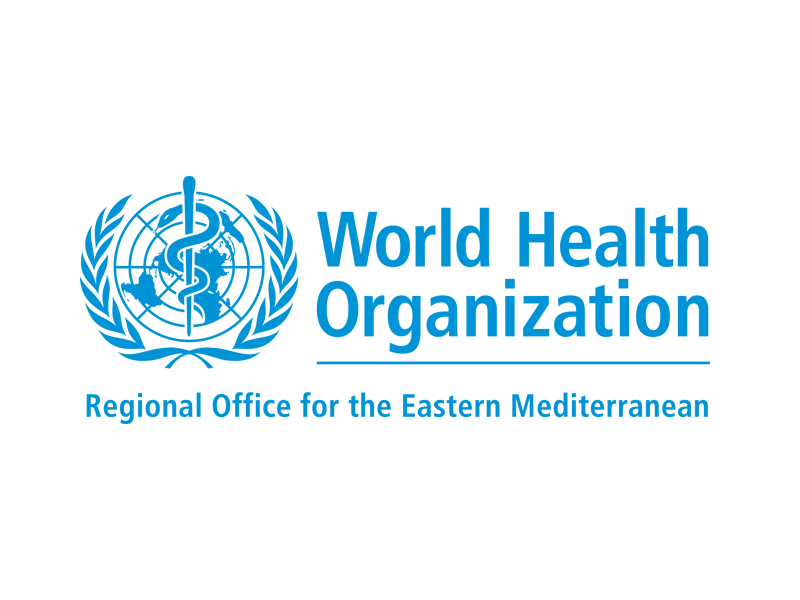
5 June 2025, Cairo, Egypt – World Environment Day 2025 will be observed on 5 June. Led by the United Nations Environment Programme (UNEP), this year’s campaign focuses on tackling plastic pollution, urging countries, organizations, and individuals to act together to protect the planet.
While plastics have benefits, including energy savings and resource conservation, the rising plastic pollution poses a significant threat to our planet and health.
Around the globe, plastic pollution is contaminating water supplies, food sources, and the air we breathe. As plastics break down, they enter the food chain. Microplastics have been detected in human arteries, lungs, brains, and breast milk.
Global plastic consumption is projected to reach 516 million tonnes this year, and if current consumption patterns continue, it will rise to over 1.2 billion tonnes annually by 2060.
Environmental factors contribute to the deaths of about 13 million people worldwide each year. Almost half of these fatalities are attributed to air pollution. The health and economic costs of unhealthy air pollution currently amount to $2.9 trillion.
On World Environment Day, we urge communities to advocate for lasting solutions to combat plastic pollution. Historically, recycling has been a key strategy for mitigating plastic waste. However, only 9% of plastics produced globally are recycled, and it is estimated that just 21% of plastic today is economically recyclable, meaning the value of recycled materials covers the costs of collection, sorting, and processing.
The benefits of addressing plastic pollution include cleaner oceans and landscapes, healthier individuals and ecosystems, improved climate resilience, and stronger economies. Transitioning to a circular economy for plastics is essential for a sustainable future. We must rethink how we design, produce, and utilize plastics. Products should be designed with multiple uses in mind and recycling.
This transformation requires the engagement of stakeholders across the plastics value chain. A just transition is necessary to protect the livelihoods of waste pickers and affected communities, leaving no one behind.
Solutions exist. In 2022, at the UN Environment Assembly, Member States agreed to initiate negotiations on a legally binding international instrument to address plastic pollution, including its impact on marine environments. Since then, countries have convened 5 sessions of the Intergovernmental Negotiating Committee (INC) on Plastic Pollution to work towards a comprehensive agreement.
On World Environment Day, we must seize the opportunity to unite our efforts in combating plastic pollution and preserve our planet for future generations.
- Original Story:
- Story By:
- Date:
- Please Support: